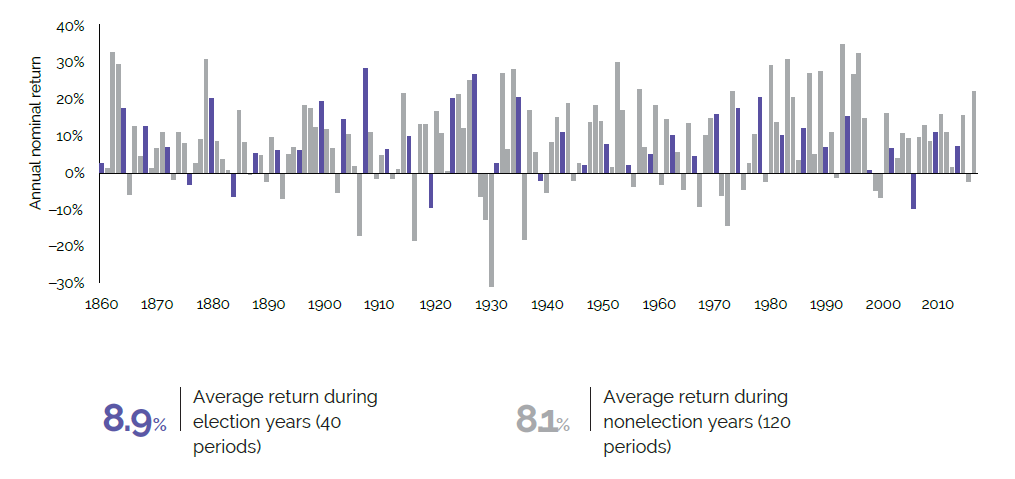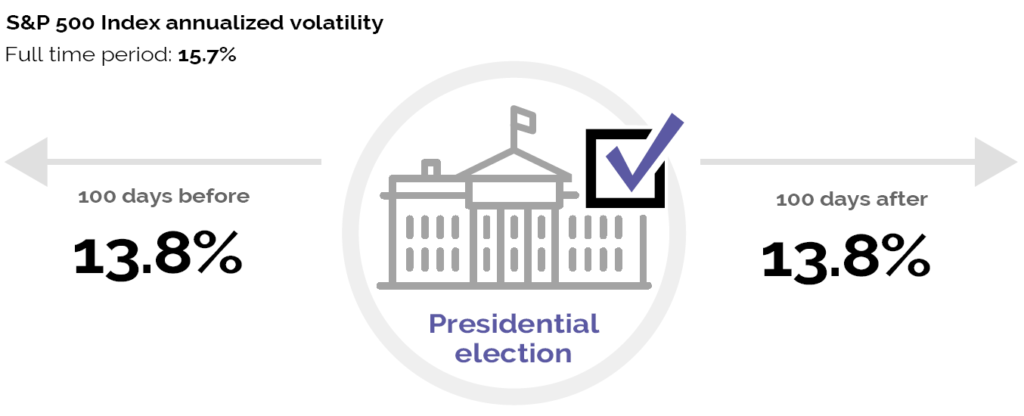
Reading Time: 4 minutes
The phrase “Keeping up with the Joneses” originated in early 20th century America from Arthur (Pop) Momand’s comic strip titled “Keeping Up With The Joneses,” which first appeared in the New York Globe in 1913. The strip quickly gained popularity, and by September 1915, it was adapted into a cartoon film shown in US cinemas. The ‘Joneses’ in the comic were not based on specific individuals but served as a generic representation of neighbors, with ‘Jones’ being a common surname.
In today’s fast-paced world, appearances can be deceiving. The notion of “keeping up with the Joneses” has become increasingly prevalent, fueled by social media and a culture of instant gratification. But as Dave Ramsey wisely points out, “Very few people who look like they have money actually do.” This phenomenon often leads individuals and families into precarious financial situations. At Intelligent Investing, we believe in organizing financial “junk drawers” to ensure our clients can make informed decisions without the pressure of maintaining appearances.
The Illusion of Wealth
The rise of social media platforms has created a continuous stream of visible consumption. It’s now easier than ever to see the luxurious cars, sprawling homes, and exotic vacations that friends, family, and influencers indulge in. This constant exposure has led to a significant number of Americans experiencing what psychologists call “money dysmorphia” — a feeling of insecurity regarding their financial well-being, even if they aren’t as financially unstable as they perceive.
Similarly, in today’s 24/7 news cycle, it’s easy to feel overwhelmed by the sheer volume of information we are exposed to daily. News outlets often emphasize sensational stories to attract viewers and boost ratings. This can lead to a skewed perception of reality, where the world seems more dangerous or chaotic than it actually is. At Intelligent Investing, we understand that this constant exposure to negative news can affect not only your mental health but also your financial decisions.
According to a survey by Qualtrics for Intuit Credit Karma, 29% of American adults report feeling this financial insecurity. The psychological disconnect between perception and reality is even more pronounced among younger generations. A LendingTree survey found that 62% of Gen Z Americans feel financial pressure to keep up with their peers, leading 51% to admit to overspending to impress others. Amongst this group, 56% are now in debt due to their attempts to maintain these appearances.
Lifestyle Inflation and Debt
Borrowing money to splurge on luxury items just to impress others can trigger unsustainable lifestyle inflation. Once a budget is stretched to accommodate a new car, a bigger home, or a lavish vacation, sustaining those expenditures becomes increasingly difficult. This is likely why many high-income Americans are struggling financially. A recent Lending Club survey revealed that roughly half of six-figure earners live paycheck to paycheck.
At Intelligent Investing, we emphasize the importance of understanding the true cost of debt and the impact it can have on long-term financial health. Our proprietary financial software, Intelligrations®, helps clients see the bigger picture and make decisions that align with their values and goals, rather than societal pressures.
True Indicators of Wealth
On his website, Ramsey outlines his definition of financial success: “True wealth is about three things: making an impact through giving, leaving a legacy, and having options for how you live your life.”
At Intelligent Investing, we resonate with this definition. We believe that financial success involves compassion, legacy, integrity, excellence, nimbleness, and truth — core values that guide our approach to wealth management. Being able to donate to charitable causes is a genuine indicator of economic security. In 2022, regular Americans made 64% of all charitable donations in the U.S., reflecting a strong culture of giving.
Leaving a legacy is another significant sign of wealth. A USA Today Blueprint report found that 68% of Gen Z and millennial Americans expect to receive an inheritance, with the average size being $320,000. This transfer of wealth is a testament to the financial planning and foresight of previous generations.
The freedom to choose one’s lifestyle is perhaps the most subjective measure of wealth. The ability to decide where to live, how to spend one’s time, and the flexibility to pursue one’s passions are invaluable aspects of financial success. At Intelligent Investing, we strive to help our clients achieve this level of freedom through personalized financial strategies.
Practical Steps to Financial Health
- Assess Your Financial Situation: Consider using tools like Intelligrations® to get a comprehensive view of your finances.
- Set Realistic Goals: Align your financial goals with your values and long-term aspirations.
- Create a Budget: Track your income and expenses to ensure you live within your means.
- Build an Emergency Fund: Save enough to cover 3-6 months of living expenses.
- Invest Wisely: Diversify your investments and seek professional advice to ensure your portfolio aligns with your risk tolerance and goals.
- Avoid Unnecessary Debt: Borrow only what you can afford to repay and focus on paying off high-interest debt first, if you have any.
Avoiding the Trap of Appearances
A classic example of someone who pursued the appearance of wealth only to face financial ruin can be found in the biblical story of the Prodigal Son. In this parable, a young man demands his inheritance from his father and promptly leaves home to indulge in a life of extravagance and excess. He spends his wealth on lavish living, attempting to portray an image of affluence and success. However, his reckless spending quickly depletes his fortune, leading to his downfall. Stricken by poverty and regret, he finds himself destitute and humbled, forced to work as a swineherd. Ultimately, he returns to his father’s house, repentant and seeking forgiveness. The story illustrates the perils of prioritizing the appearance of wealth over financial prudence, demonstrating how the pursuit of superficial status can lead to ruin and the eventual realization of what truly matters.
The pursuit of appearing wealthy can lead to financial ruin. Instead, true wealth is about financial security, the ability to give back, leaving a legacy, and enjoying the freedom to live life on your terms. At Intelligent Investing, we help our clients achieve these goals through strategic planning and a focus on what truly matters. Remember, all that glitters is not gold, and real wealth lies in the peace of mind that comes with sound financial management.
Consider joining our clients and making Intelligent Investing your financial accountability partner. Together, we can navigate the uncertainties of election seasons and beyond, ensuring that your investments remain aligned with your long-term objectives.
Schedule a short discovery call or meeting





